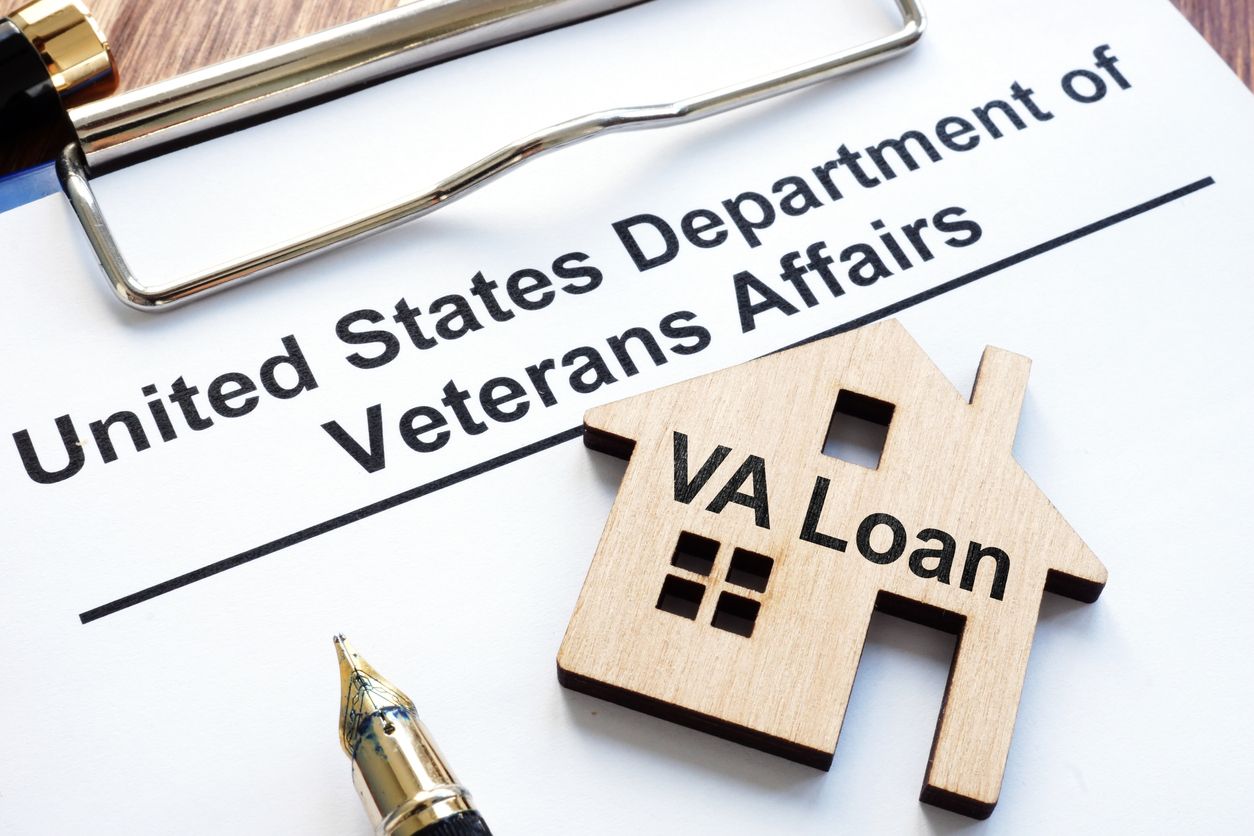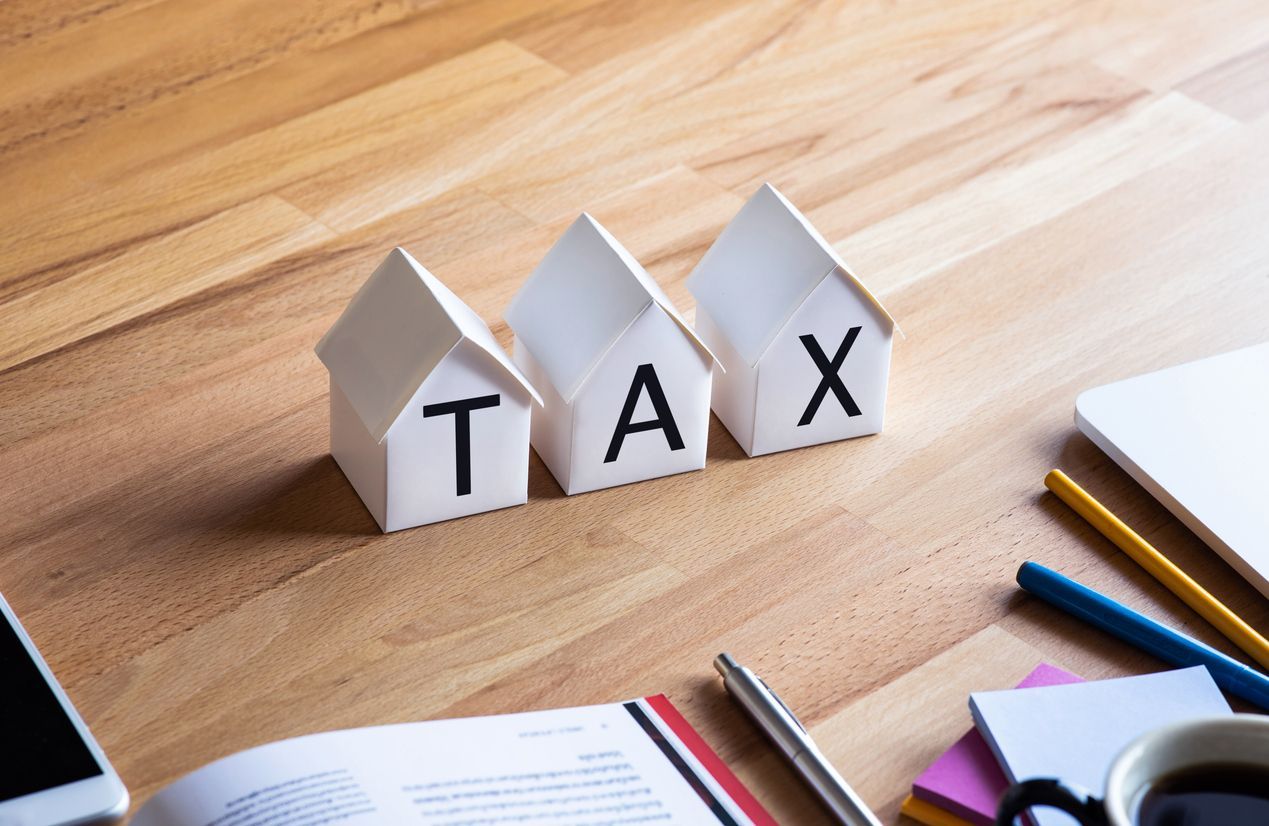Are You Ready to Buy?

If you’re trying to decide if you’re ready to buy a home, there’s probably a lot on your mind. You’re thinking about your finances, today’s mortgage rates and home prices, the limited supply of homes for sale, and your current living arrangements. You’re likely juggling how all of those things will impact the choice you make.
While housing market conditions are definitely a factor in your decision, your own life and your finances are even more important. As an article from NerdWallet says:
“Housing market trends give important context. But whether this is a good time to buy a house also depends on your financial situation, life goals, and readiness to become a homeowner.”[1]
How Do You Know If You’re Ready to Buy
Instead of trying to time the market for the “perfect” time, it may help to focus on what you can control. There are a few questions to ask yourself that can give you clarity on whether you’re ready to jump into the homeownership journey.
1. Do you have a stable job?
One thing to consider is how stable you feel your employment is. Buying a home is a big purchase, likely the biggest purchase you’ll make in your lifetime. The home loan you sign for needs to be paid back and that can feel like a big obligation. Knowing you have a reliable job and steady income can help put your mind at ease.
“A mortgage is a big commitment…Wait until your employment is stable before thinking about buying a house.”[2]
2. Have you figured out what you can afford?
To make sure you have a good idea of what you’ll need to save and what you can expect to spend on your monthly payment, talk to a trusted lender. They’ll be able to tell you about the pre-approval process and what you can borrow, current mortgage rates, your approximate monthly payment based on home price, closing costs to anticipate and what percent of the purchase price you should be aiming at for a down payment. What is pre-approval and why does it matter?
The best part is that you may find out you’re closer to your goal than you realized. You don’t necessarily need to put 20% down, especially as a first-time buyer. Every situation is different and your lender can explain more. As Down Payment Resource says:
“A 20% down payment on a home is great, but… Many mortgages require no more than 3% to 5% of the purchase price as a down payment. Plus, there are loans and grants that may help cover these costs. Search for down payment assistance in your area and discuss your results with your mortgage lender…”[3]
Down Payment Resource is a nationwide database that connects eligible buyers and eligible home listings with the homebuying assistance programs available to them. More than 72% of the listings on OneKeyMLS.com are eligible for some kind of down payment assistance.
Read our article busting the “20% down” myth and other myths about the homebuying journey.

3. How Long Do You Plan to Live There?
It’s important to think about how long you plan to stay put. It takes time to build equity in your home through paying down your loan and home price appreciation. If you plan to move soon, you may not recoup your investment. For example, if you’re looking to sell and move again in a year, it’s likely not the best time to buy. As a recent article from CNET says:
“Buying a home is a good idea if you’re planning to stay put for at least three years. Home values typically increase between 2% and 5% annually, so you could end up paying more in closing costs than you’d earn in proceeds if you sell after only a year or two.”[4]
If there’s a chance you’ll be transferring to a new city with an upcoming promotion you’re working toward, or if you anticipate you may need to move closer to loved ones to care for them, definitely factor these things in to whether now is the time to put down roots.
4. What expert will I consult?
Above all else, the most important question to answer is: what REALTOR® will guide me through this process? This is the FIRST step toward any home purchase, because as real estate experts, they can make the process a lot easier overall. Everyone’s situation is unique. Find a real estate professional that fits your needs and review your situation, your goals and needs with them. They’ll be able to advise you, connect you with trusted mortgage lenders, recommend educational resources, and get you off on the right start toward homeownership..

Related Post: What Types of Income will a Mortgage Lender Consider?
Adapted from Keeping Current Matters.
[2] Ibid.










